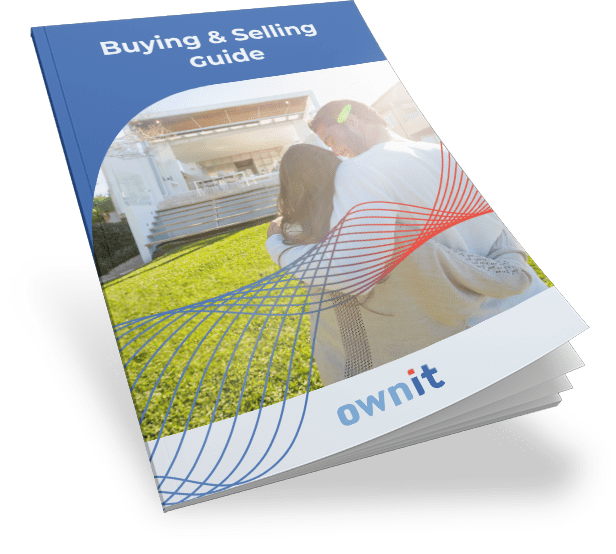What Does a Conveyancer Do? Decoding the Role of a Conveyancer in Property Transactions
Acquiring your dream home isn’t merely about swapping a cheque for keys. This journey involves the legal transfer of property, a procedure teeming with regulations and paperwork. Addressing this single-handedly could land you in bother, with pricey errors like settlement delays or contract violations. Here’s where a conveyancer comes to your aid.
Unravelling Conveyancing
Conveyancing refers to the lawful process of shifting property ownership from one individual to another. This comprehensive procedure necessitates several legal papers that the purchaser and vendor need to finalise. An expert conveyancer manages this entire flow, ensuring everything goes off without a hitch.
What Do Conveyancers Do?
Conveyancers are certified experts who are proficient in the legalities of property deals. While estate agents assist you in spotting your ideal home, conveyancers manage the title transfer. They organise, confirm, and submit the necessary legal documents, ensuring everything’s in line.

Breaking Down the Conveyancing Process
The conveyancing process kicks off with a contract of sale between the buyer and seller.
Next, transfer documents are signed and swapped, followed by a cooling-off phase where either party can back out if troubles emerge. This process culminates with the settlement, where the property title is formally transferred against the purchase sum.
- Contract Formation: Conveyancers arrange and submit crucial legal documents, i.e., the contract of sale and memorandum of transfer.
- Property Scrutiny: They review the property's title certificate for any easements, type of title, and other critical data.
- Meeting Deadlines: Conveyancers ensure all steps are finished timely or secure extensions if required.
- Finances Handling: They control deposits in a trust account and make necessary payments for you.
- Calculating Rates and Taxes: Conveyancers determine rate and tax adjustments.
- Intermediary Services: They address requests from the other party’s conveyancer, enabling seamless communication.
- Settlement Information: Finally, they update you and your bank once the property is settled.
Why are Professional Conveyancers Crucial?
Conveyancing is a pivotal step in all property transactions. It ensures that the ownership transfer is conducted accurately. Even though solicitors and licensed conveyancers can manage the process, DIY conveyancing is fraught with risk. Every property deal is unique, with complexities that an expert conveyancer can navigate effectively.
Role of Conveyancers When Purchasing a Property
When buying a property, conveyancers carry out several vital tasks, including:
- Document Preparation and Submission: This includes the contract of sale and memorandum of transfer.
- Property Inspection: Checking the property’s title certificate for easements, type of title, and other significant details.
- Deadline Management: Making sure all steps are finalised promptly or securing extensions if necessary.
- Trust Account Supervision: Safeguarding deposits in a trust account and making payments on your behalf.
- Calculations of Rates and Taxes: Computing adjustments for rates and taxes.
- Intermediary Services: Responding to queries from the seller’s conveyancer.
- Settlement Update: Informing you and your bank when the property is settled.
Role of Conveyancers When Selling a Property
When selling a property, conveyancers undertake several key duties, encompassing:
- Legal Document Completion: Preparing all required paperwork for the sale.
- Property Searches: Conducting mandatory searches on the property.
- Intermediary Services: Responding to the buyer’s conveyancer’s queries.
- Legal Advice: Providing necessary guidance to ensure a seamless transaction.
Pitfalls in Conveyancing and How to Sidestep Them
Several issues can crop up during conveyancing, e.g., boundary disputes, overdue debts, and planning restrictions. Professional conveyancers are skilled at spotting and resolving these issues to avoid hitches.
Cost of Engaging a Conveyancer
Professional conveyancing services typically range from AUD 200 to AUD 2,500, depending on the transaction’s complexity and property location. Extra costs could include fees for property searches, government levies, and disbursements. A thorough cost breakdown ensures transparency and eliminates surprises. Learn more about Ownit Conveyancing fees in our comprehensive guides:


Why Choose Ownit for Your Conveyancing Needs?
With over 40 years of experience, Ownit Conveyancing offers expert property conveyancing services in Queensland and Victoria. We promise low, fixed-rate guarantees, ensuring no hidden shocks. Our seasoned legal squad will guide you through all steps of the property transfer process, making it easy and worry-free.
Engaging a professional conveyancer ensures a smooth and successful property deal. They handle essential legal and financial issues, safeguarding both the buyer’s and seller’s interests. Trying to manage a property deal without a conveyancer can lead to costly blunders and delays.
At Ownit, our crew is armed with the apt skills and knowledge to provide professional support, ensuring your property deal is handled swiftly and meticulously. Get in touch with us today for a free quote and experience seamless conveyancing with our professional squad.
Settle it anywhere, anytime, with Ownit.
Conveyancing FAQs
Typically, the buyer settles the conveyancer’s fees while acquiring a house.
Usually, it takes about two to three weeks, subject to the transaction’s complexity.
Common issues include boundary disputes, outstanding debts, and planning restrictions. A competent conveyancer can help sidestep these problems by conducting exhaustive searches and ensuring compliance with legal provisions.
By opting for Ownit, you can rest assured that your conveyancing requirements will be met with professionalism and expertise, guaranteeing a smooth and worry-free property deal.


